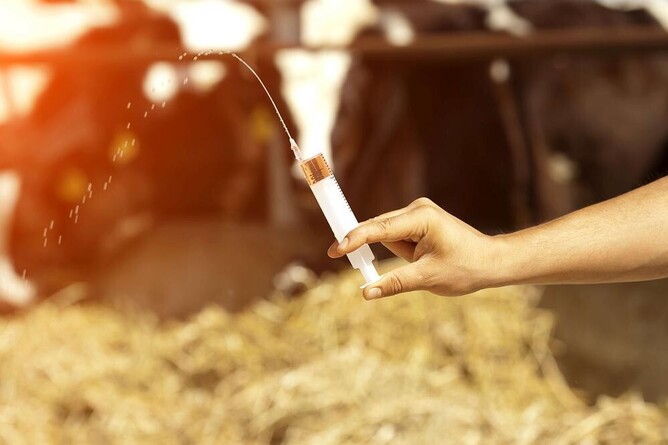Vaccinate your girls in time to improve colostrum quality and reduce scours in calves.
Before we have even finished drying off, it is time to start looking ahead and getting prepared for next season.
At an already stressful time of the year, sick and scouring calves is frustrating and demoralising. Extra time spent having to look after these calves means:
Less of a break for the calf rearer.
Less time spent putting your energy into the healthy calves.
Lower growth rates in calves.
Potentially less replacements than required due to deaths.
Calves are born with no immune system, so require antibodies from their mother. These antibodies are not passed through the placenta, which means the calf needs to get its protection from colostrum.
The Five Q’s - Quickly, Quantity, Quality, sQueaky clean and Quantify are the main aspects of colostrum management.
Vaccinate for Quality
Scours vaccines are an easy way to boost the Quality of the colostrum that you feed to your calves. These vaccines have been proven to reduce the scours in calves caused by the main pathogens, including rotavirus, coronavirus, and E. coli.
Scours vaccines need to be given at least 2-3 weeks before the planned start of calving (depending on the vaccine used). It is recommended to split the herd into two vaccination groups - early and late calvers - to ensure antibody levels are still adequate as the season progresses. This is easily done if you have detailed scanning information.
The risk of a scours outbreak can still be high later in the season, due to the number of calves coming through the shed and potentially reusing pens, fatigue of workers, and lessening numbers of cows calving (so less good quality colostrum available).
Vaccination is only a piece of the puzzle in scours prevention. Scours vaccines still need to be supported by good colostrum and calf rearing management practices, as stated above with the 5Q’s.

